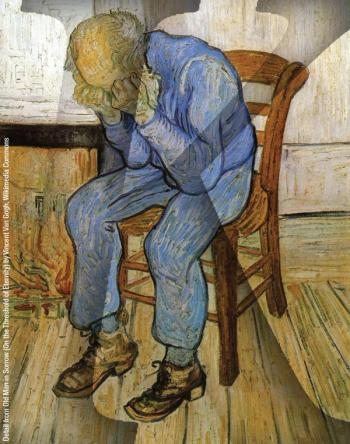
The authors review mechanisms of suicide and the effectiveness of current treatments, and zero in on ketamine--a potential novel, rapidly acting treatment for suicidality.


The authors review mechanisms of suicide and the effectiveness of current treatments, and zero in on ketamine--a potential novel, rapidly acting treatment for suicidality.
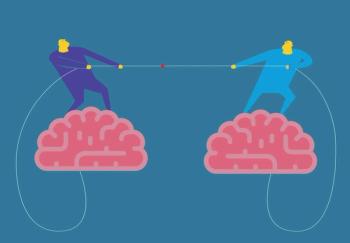
What psychiatry needs is a new approach to “psychiatric theory.” Here are a few practical suggestions.
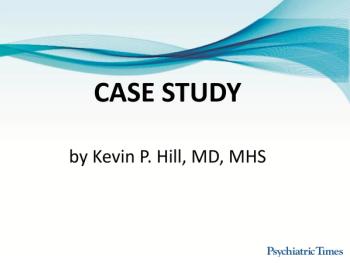
A 28-year-old married mother of 2 with a history of depression is brought to the emergency department after 6 months of near-daily methamphetamine use.
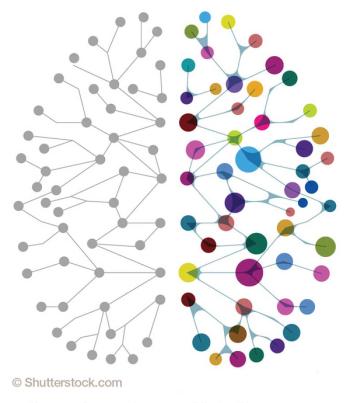
The authors take an in-depth look at the evaluation, diagnosis, and fundamental treatment recommendations, protocols, and guides to therapy for psychogenic nonepileptic seizures.

The potential of TMS as a treatment for cognitive disorders, fatigue, pain, and other manifestations of brain disease is discussed, as is the encouraging prospect for neuropsychiatric management of many patients.

We present the case of a patient for whom different attending providers had markedly different interpretations. As the case unfolds, we invite you to reflect on your diagnostic understanding of each presentation.

In this podcast, two psychiatrists discuss current clinical research and the future of treatment options for obsessive-compulsive disorder.

Metabolic syndrome may be a particularly important marker of antipsychotic metabolic effects.

Treatment approaches to GAD, a highly prevalent, chronic, debilitating, relapsing, and often underdiagnosed anxiety disorder.

The authors examine anxiety in the medically ill: its presence secondary to or as an impersonator of physical illness and its diagnostic and management challenges.
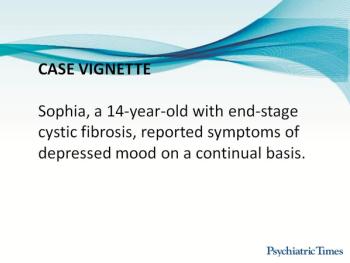
This case of a 14-year-old female patient with end-stage cystic fibrosis illustrates the psychiatrist's critical role in ensuring quality end-of-life care.

The articles in this Special Report address suicidal behavior in the context of the role of sexual identity, the effects of antidepressants and lithium on suicidal behavior, and clinicians’ reactions in the aftermath of suicide.

An interesting pharmacological approach in terms of anti-suicidal strategies is the use of lithium for treatment of patients with affective disorders. Details here.

Ten years ago, the FDA placed a black box warning on all antidepressants because of concerns that the medications increase risk of suicidal thoughts and behavior in youths. It's time for the FDA reevaluate that decision.

Through archival footage and interviews, the documentary "Prozac: Revolution in a Capsule" does a remarkable job of capturing the time when transformation ignited the collective imagination.

In this commentary, the author states, “We must get back to treating the whole person, not just his brain circuits. The brain is involved in all we do and what we are, but it is also itself influenced by our psychology and social context.” Care to weigh in?

Which addictive disorders do not yet have effective pharmacotherapy? Take the quiz and learn more.

The past decade has been an exciting one for the field of psychosomatic medicine. It has been recognized as a specialty and now has a certification examination. In this Special Report, we discuss some of the approaches that are being taken to special populations within the psychosomatic medicine community.

Although the somatizing disorders cover a vast array of symptomatic domains across many medical specialties, this article addresses the broad topic conceptually.

An overview of select topics in clinical psycho-oncology, including assessment and management of delirium and brain lesions, mood and anxiety disorders, medication adverse effects, and existential death anxiety.

The role of transplant psychiatrists is to assess both transplant and donor candidates to determine capacity to consent to the surgery, recent stressors and coping skills, social supports and availability of caregivers, and whether there are psychological or substance abuse issues that would affect outcomes.

What signs are generally regarded as negative symptoms? What etiological factors contribute to a negative symptom presentation? How to treat these symptoms? Insights here.

The use of buprenorphine for the treatment of opioid dependence is on the rise. However, buprenorphine withdrawal has its own withdrawal symptoms that in many cases can be as severe as symptoms of opioid withdrawal.

When acute, severe adverse effects from a pre-switch antipsychotic occurs, what strategy is recommended? Take the quiz and learn more.

What percentage of depressed patients are resistant to treatment with conventional antidepressant medication?